We all have that one show we couldn’t get enough of growing up—the one that made us laugh, cry, and quote every single line. But fast forward a few years, and those same episodes now have us squirming in secondhand embarrassment.
What once felt fresh and groundbreaking now reveals plot holes, outdated jokes, and some seriously questionable decisions. These shows were the epitome of cool back then, but rewatching them now feels like opening a time capsule full of cringe-worthy surprises.
Let’s take a closer look at the series that had us hooked and see how well—or not—they’ve aged.
Alf
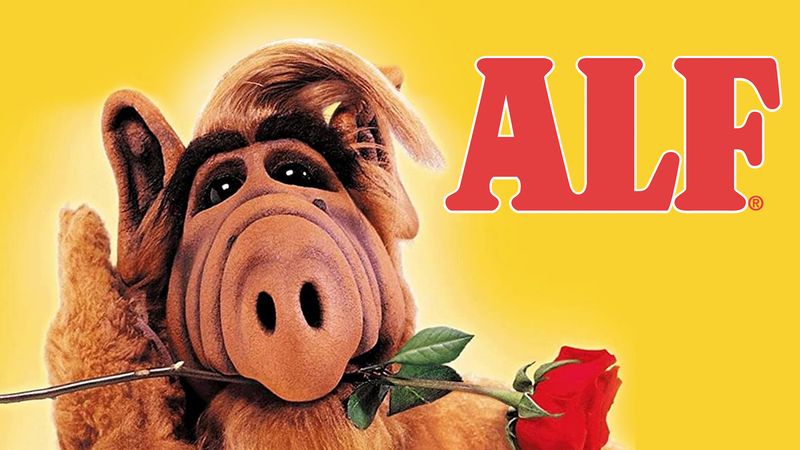
The 80s sitcom Alf featured a wise-cracking alien who lived with a suburban family. Alf’s humorous antics and love for cats captivated audiences, but the show’s humor might seem outdated now.
The puppet-based alien character was endearing then, but now it seems a bit odd. Modern audiences may find its humor lacking subtlety and nuance.
Alf attempted to blend alien life with human quirks, yet its portrayal often feels over-the-top and simplistic. The nostalgia is undeniable, but today, the execution might feel more cringe-worthy than charming.
Xena: Warrior Princess
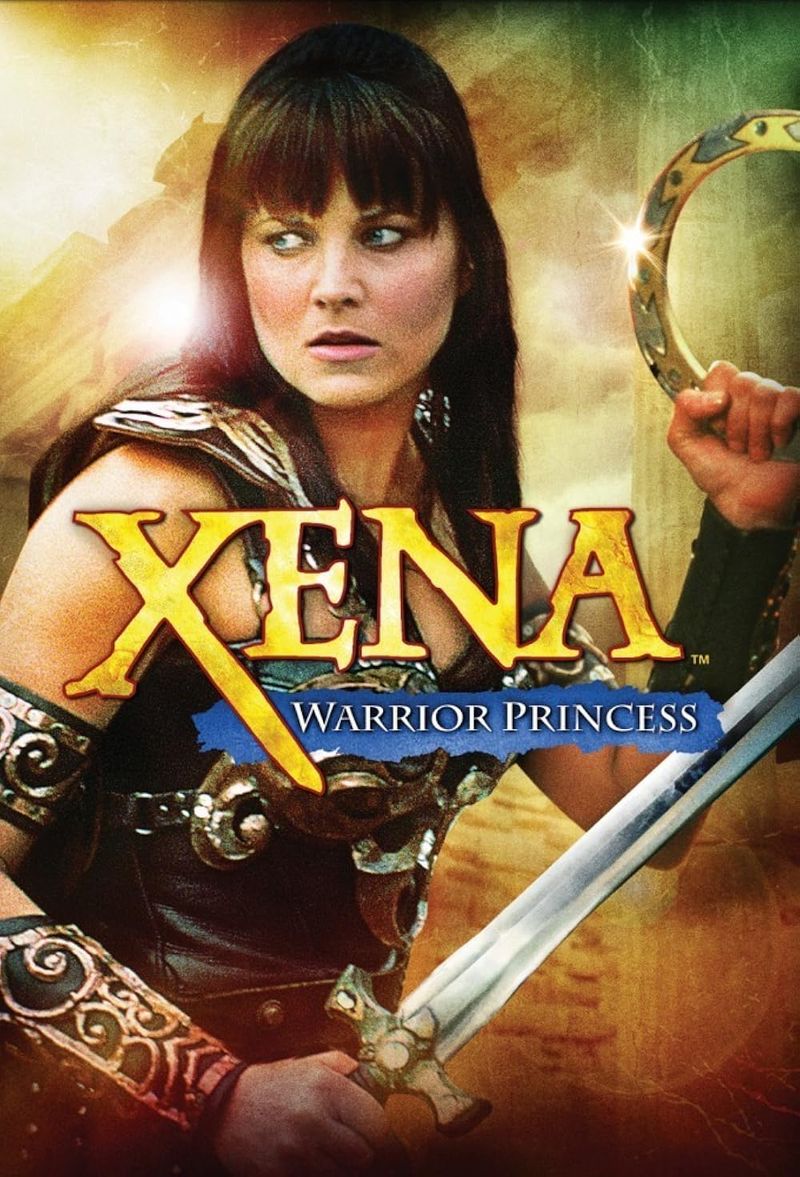
Xena: Warrior Princess, with its strong female lead, was groundbreaking in its time. The show’s mix of mythology, drama, and action made it a fan favorite.
However, some of its special effects and storylines now appear dated. The portrayal of mythical figures is sometimes over-the-top.
Modern audiences might find its blend of historical and fictional elements a bit jumbled. Yet, Xena remains iconic for its empowering portrayal of women, despite the occasional cringeworthy moment.
Its legacy endures, showcasing how a strong character can transcend the limitations of its era.
Knight Rider
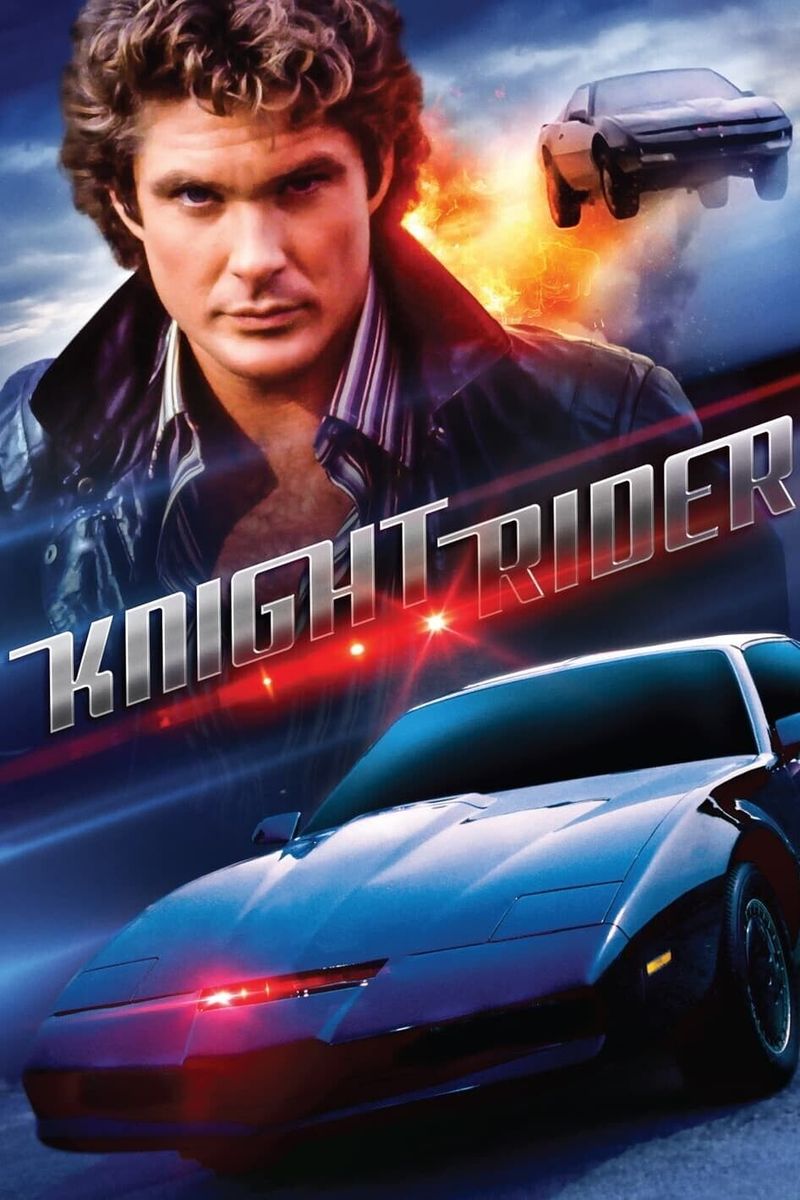
Knight Rider featured a talking car named KITT and its driver, Michael Knight. The show’s high-tech concept was captivating, but now it feels somewhat campy.
The special effects were innovative then but appear simplistic today. The dynamic between man and machine, while intriguing, can seem cheesy.
Modern viewers might find the narrative predictable. Despite its cool factor back then, Knight Rider’s portrayal of technology often lacks realism.
Yet, it remains a beloved classic, offering a glimpse into 80s futurism. Its nostalgia persists, even if its execution feels more quaint than cutting-edge now.
The A-Team
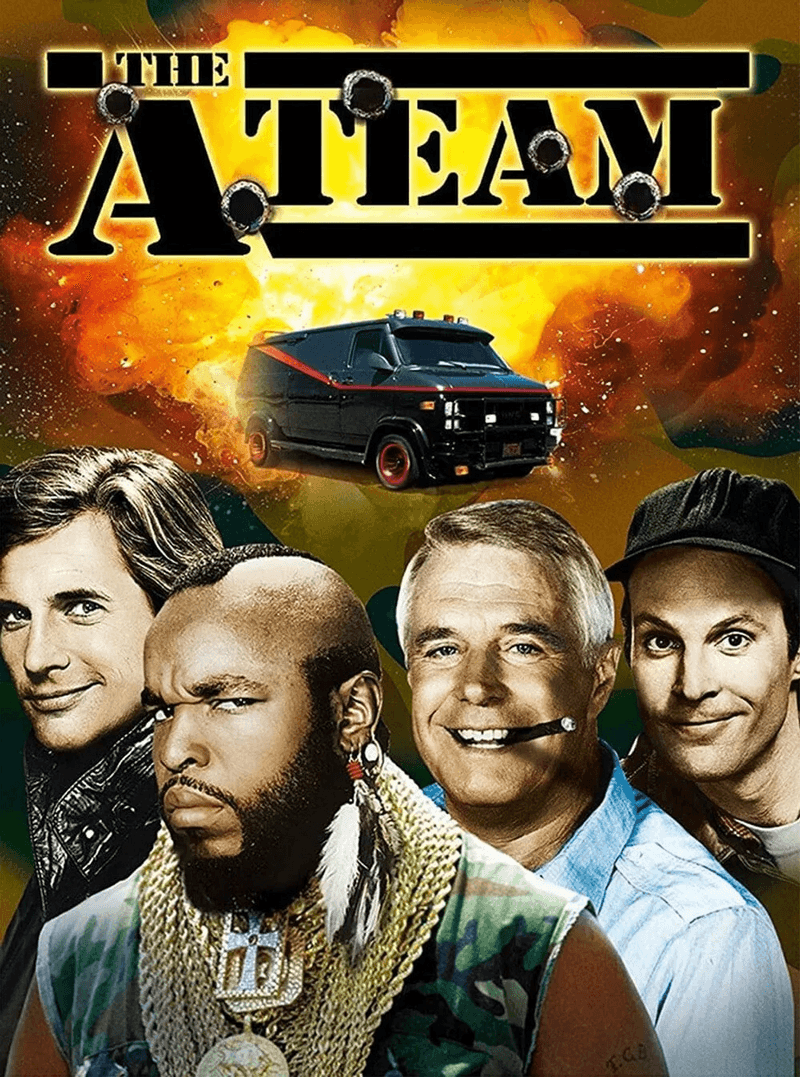
The A-Team showcased a group of ex-soldiers taking on daring missions. Known for its action-packed episodes, it captivated audiences with its rugged charm.
However, the show’s portrayal of violence and simplistic plots might seem cringe-worthy today. The characters, while iconic, often relied on stereotypes.
Modern viewers could find the lack of depth in storytelling a bit jarring. Despite its flaws, The A-Team remains a cultural icon, reflecting a distinct era of television.
Its blend of action and humor holds nostalgic value, even if its execution seems more dated than dire today.
He-Man and the Masters of the Universe
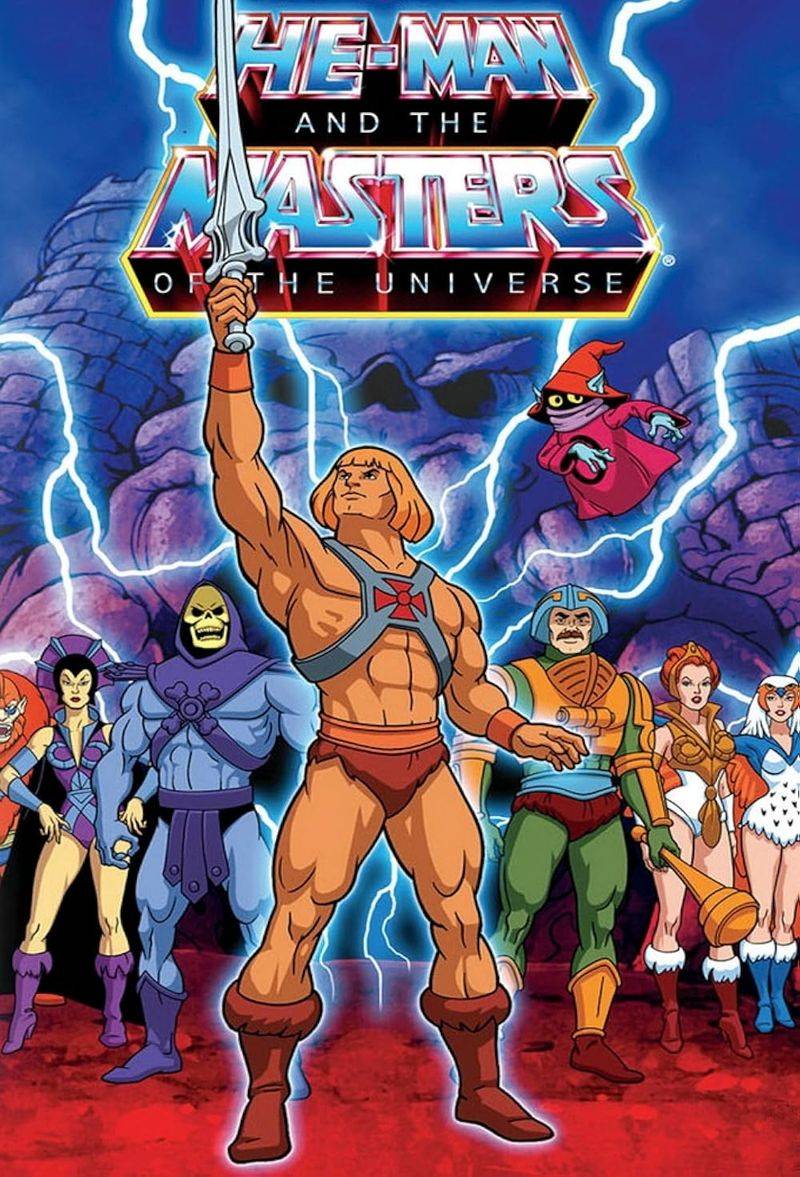
He-Man and the Masters of the Universe was a staple of 80s cartoons with its fantastical world and heroic battles. The animation style and storytelling, while innovative, seem outdated now.
The characters, often one-dimensional, lack complexity. Modern audiences might find the show’s moralistic tone cheesy.
Despite its simplicity, He-Man holds nostalgic charm, offering a glimpse into classic animation. The show remains beloved for its adventure and empowerment themes, though its execution appears less sophisticated today.
It serves as a reminder of how animation has evolved, yet maintains a timeless appeal for its fans.
Cop Rock
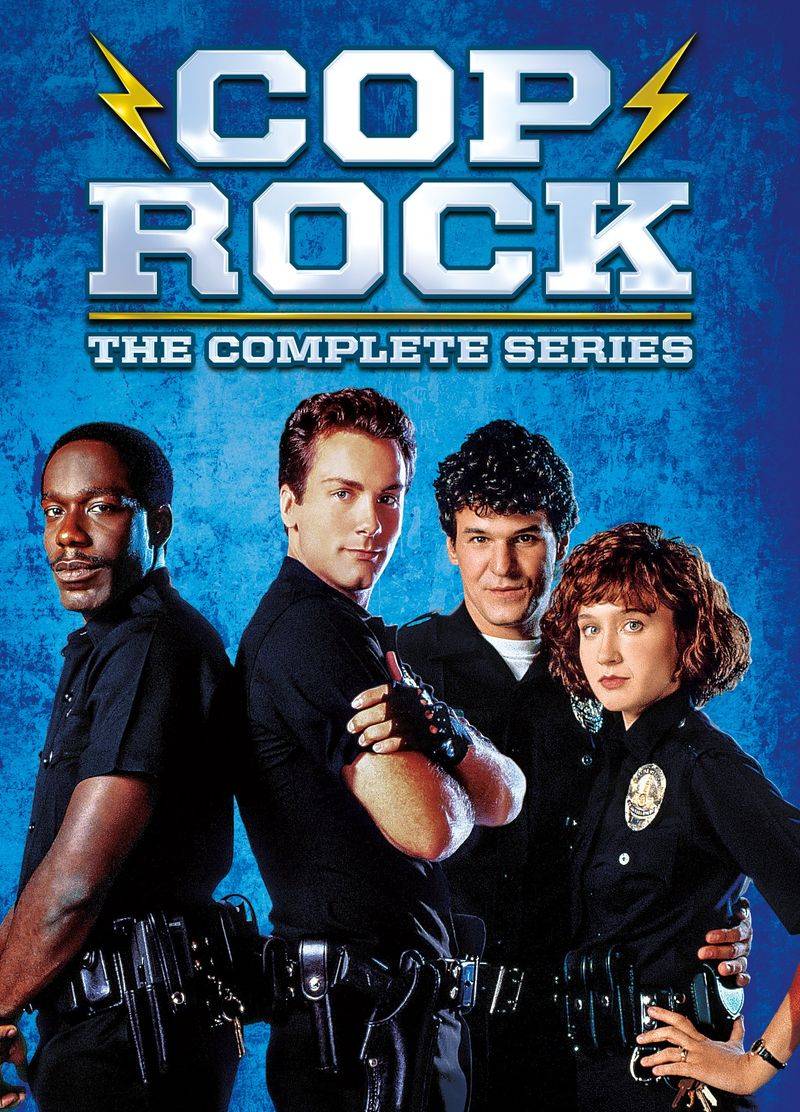
Cop Rock combined procedural police drama with musical elements, a mix that puzzled audiences. The concept of officers breaking into song during investigations was unique.
However, the execution lacked coherence. The musical numbers, though ambitious, often disrupted the narrative flow.
While it aimed to be groundbreaking, the result was more confusing than entertaining. Viewers might find the juxtaposition of crime-solving and singing awkward.
Cop Rock became an example of how bold ideas need careful execution. Despite its attempt at innovation, it’s mostly remembered for being a daring yet cringeworthy experiment in television.
Baywatch Nights
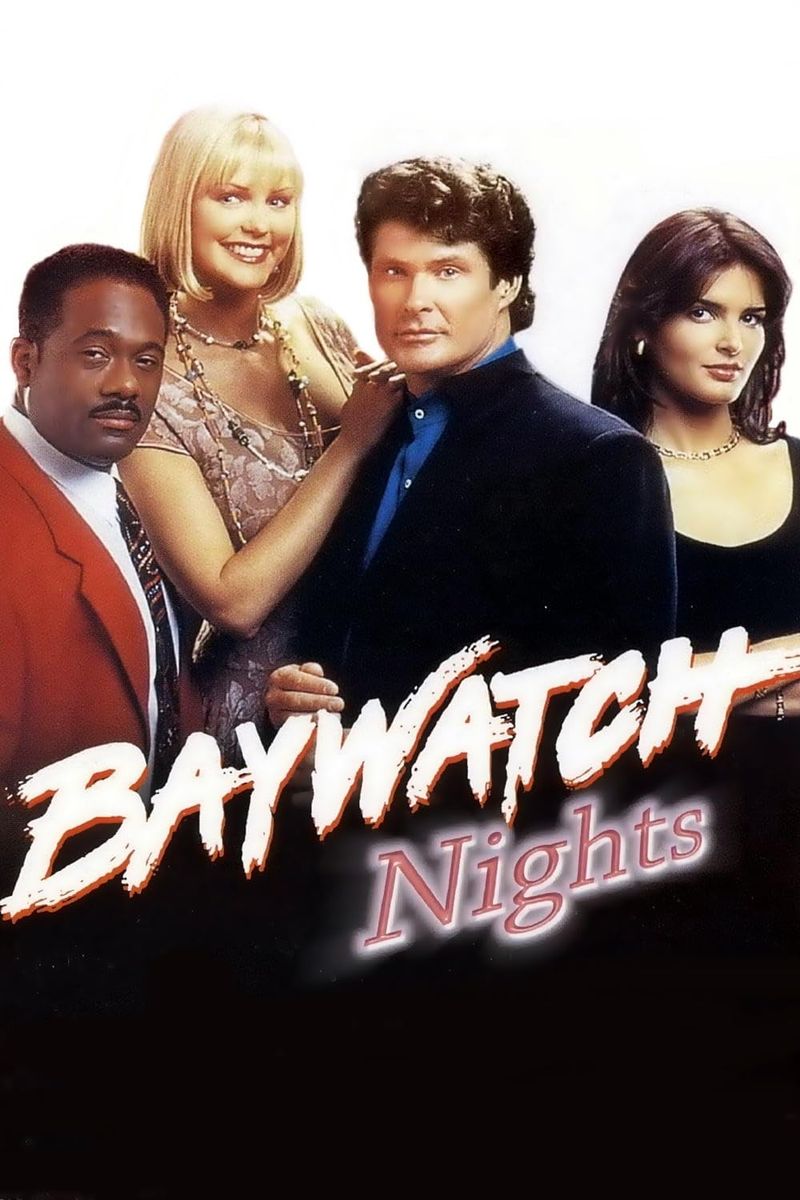
Baywatch Nights attempted to capitalize on the success of Baywatch by adding supernatural elements to a detective show. The transition from beach rescues to paranormal investigations was jarring.
The mix of drama and sci-fi was perplexing, creating an odd viewing experience. The show’s attempt to blend different genres might feel disjointed.
Fans of the original Baywatch found it hard to connect with the eerie, mysterious tone. Although it sought to be innovative, the execution left audiences baffled.
It remains an intriguing concept, but now it’s viewed as an unusual spin-off of a classic.
Cavemen
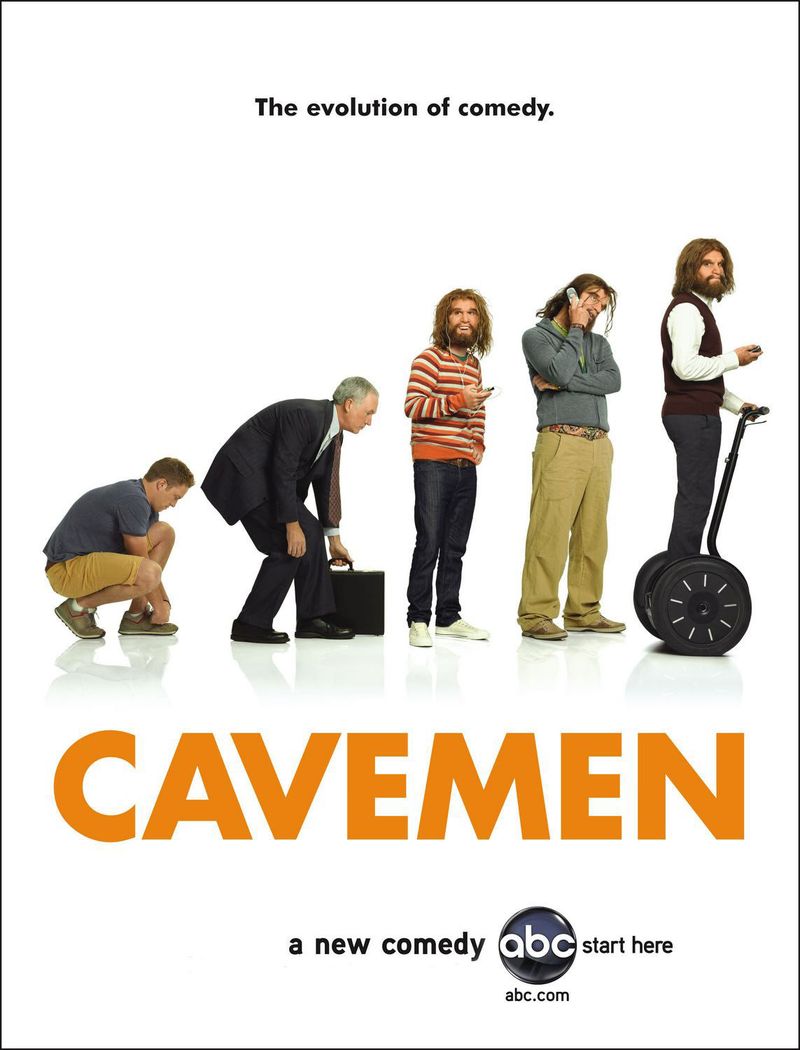
Cavemen was based on a series of popular commercials, yet its transition to a TV series felt forced. The show depicted cavemen struggling to fit into modern society.
Its humor relied heavily on stereotypes, which feels uncomfortable by today’s standards. While the commercials were short and amusing, the show failed to expand on this premise meaningfully.
The jokes often fell flat, lacking depth and originality. Audiences might find its portrayal of cultural differences more cringe-inducing than humorous.
Cavemen serves as a reminder of how challenging it can be to adapt an idea from a commercial to a full series.
Manimal
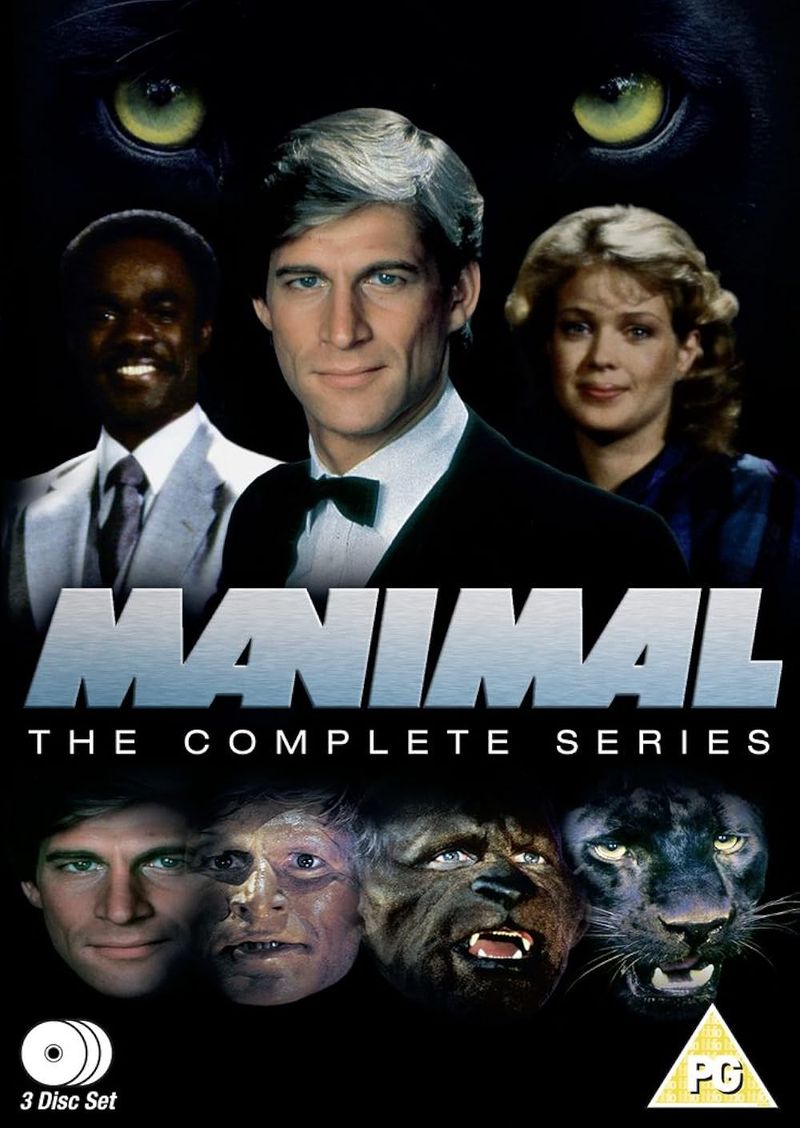
In Manimal, the protagonist could transform into any animal, using this power to fight crime. While thrilling in concept, its execution was less than spectacular.
The special effects were groundbreaking for their time but seem outdated today. The storyline, often predictable, failed to capture lasting interest.
Modern viewers might find the premise overly simplistic and lacking depth. The show exemplified 80s television’s experimental phase, yet now it feels more like a novelty.
Manimal’s brief run highlights the difficulty of sustaining a high-concept idea without strong storytelling.
Hogan’s Heroes
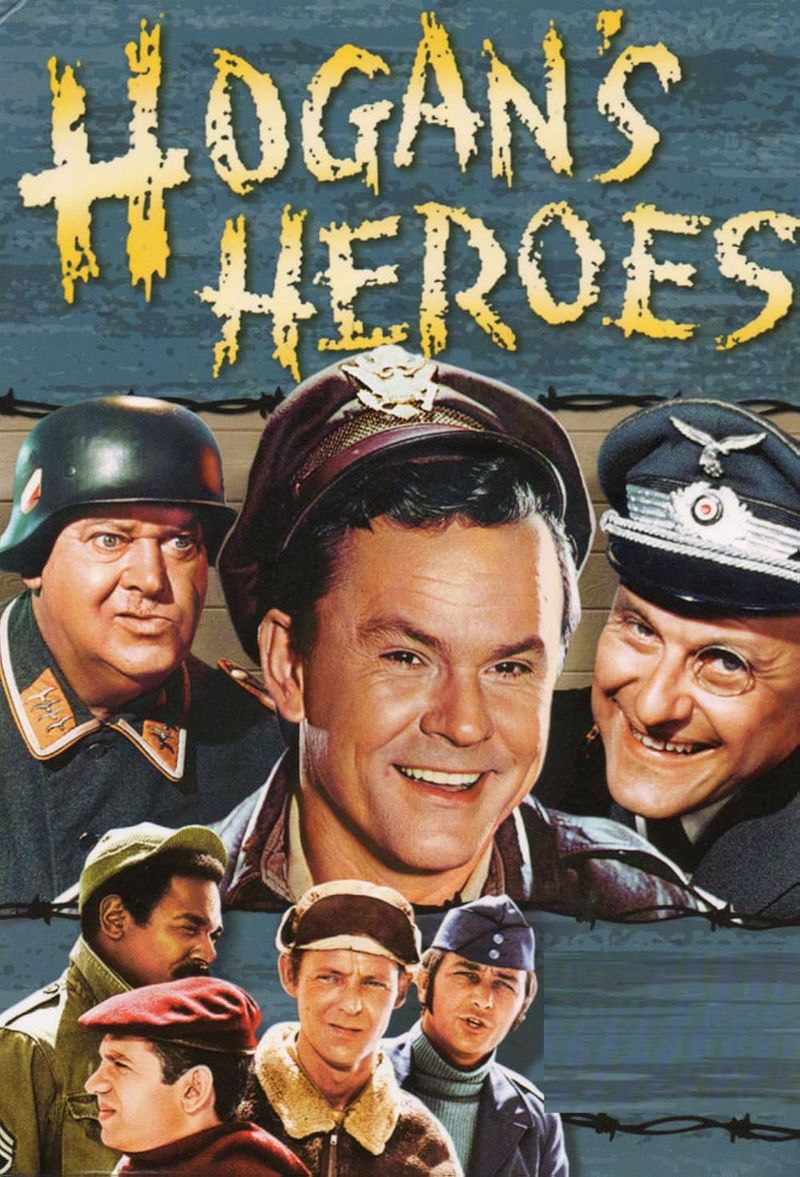
Hogan’s Heroes set in a prisoner-of-war camp during World War II, blended comedy and war themes. The mix is jarring today, as the humor feels inappropriate given the serious subject matter.
The portrayal of camp life, intended to be humorous, often oversimplified complex issues. Modern audiences might cringe at its insensitivity and lack of nuance.
While it enjoyed popularity in its day, the juxtaposition of comedy and wartime settings feels disconcerting now. Hogan’s Heroes remains a controversial show, reflecting changing attitudes towards humor and historical representation.
Out of This World
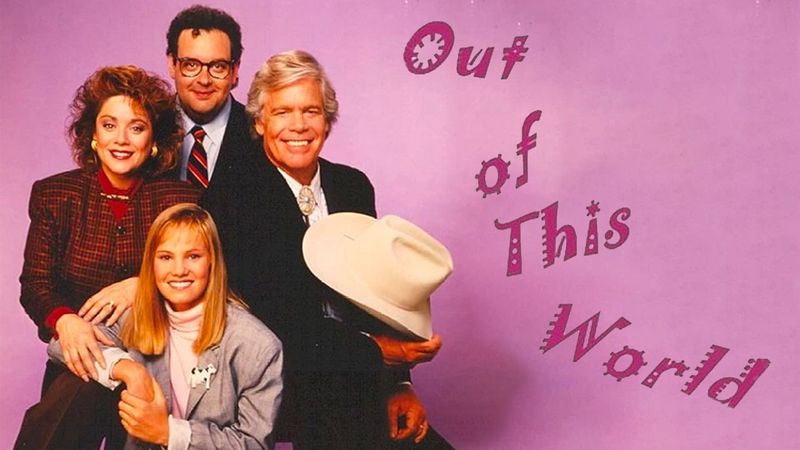
Out of This World featured a teenage girl with alien powers trying to navigate adolescence. The concept was charming, but the execution feels dated now.
The show’s humor and special effects are not as impressive by today’s standards. The alien powers served as metaphors for teenage struggles, but the portrayal often lacked subtlety.
Viewers might find the dynamics between characters a bit forced. While it offered a unique perspective on growing up, the cringe factor comes from its simplistic portrayal of complex issues.
It remains a nostalgic piece, yet its appeal has waned over time.
The Misadventures of Flapjack
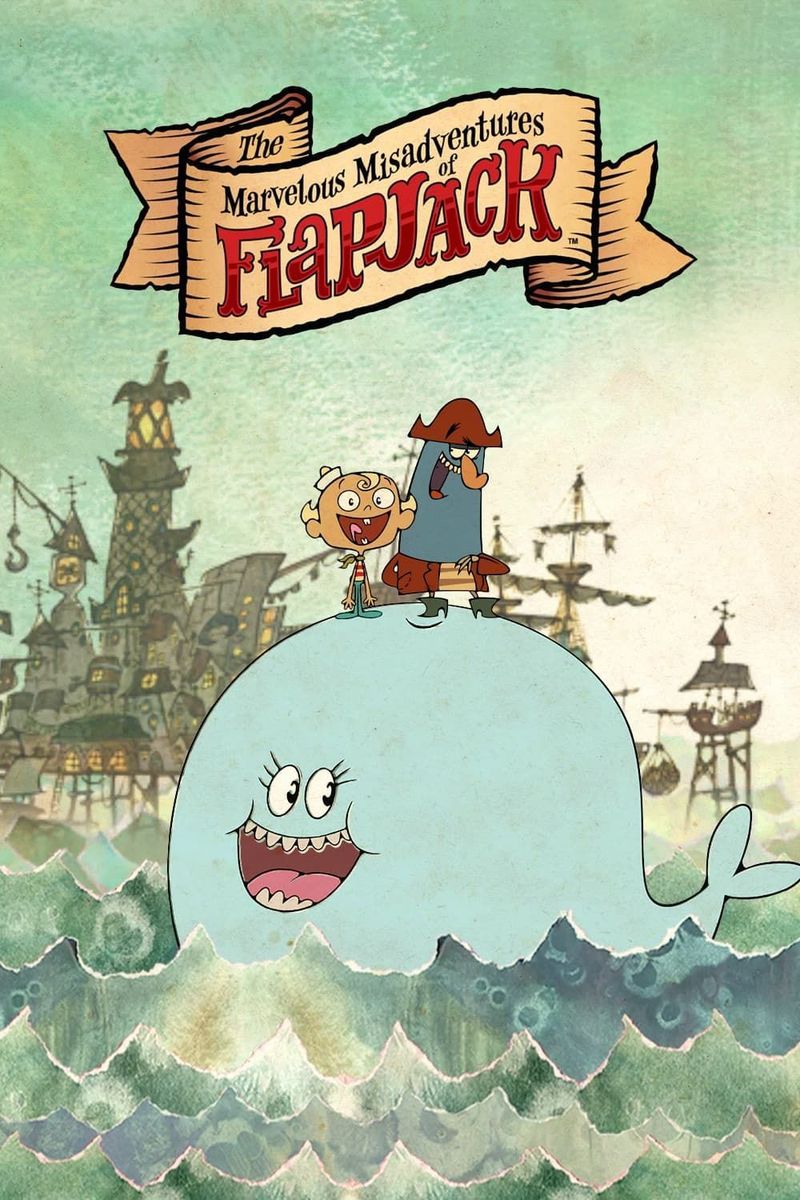
Once adored for its whimsical animation and quirky storyline, The Misadventures of Flapjack now seems quite bizarre. The show followed young Flapjack and Captain K’nuckles on surreal adventures aboard their peculiar ship.
The odd blend of childish wonder and dark humor entertained young audiences. Today, however, the unsettling character designs and peculiar themes may leave viewers scratching their heads.
It’s a strange concoction of whimsy and unease that might not sit well with everyone. While it had its charm back then, modern viewers might find themselves questioning the appeal of some of its stranger elements.
Small Wonder
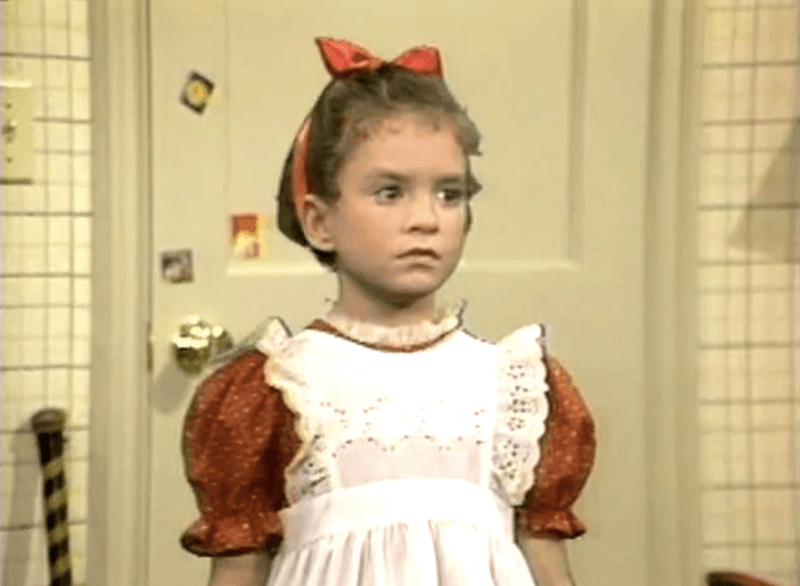
Small Wonder revolved around a robot girl named Vicki living with a suburban family. The premise was quirky and novel for its time, but now it feels awkward and contrived.
Vicki’s monotone voice and robotic antics were amusing to 80s viewers. Today, they come off as cheesy and stiff.
The show’s handling of artificial intelligence and family dynamics seems dated. A light-hearted take on technology, Small Wonder doesn’t quite translate well into today’s tech-savvy world.
Its peculiar charm remains, but it feels more like a relic than relatable storytelling.
The Secret Diary of Desmond Pfeiffer
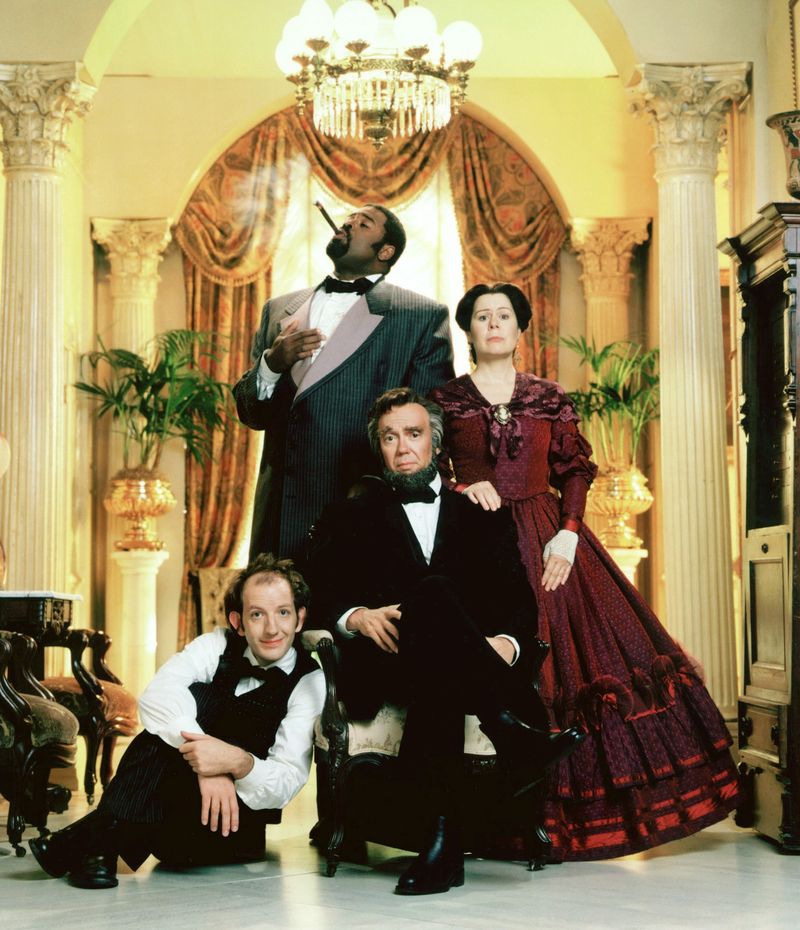
The Secret Diary of Desmond Pfeiffer attempted to mix historical settings with modern humor, centering on a butler in Abraham Lincoln’s White House. The comedic take on history was ambitious but fell flat.
The show was criticized for its insensitivity and lack of historical accuracy. Its humor, intended to be satirical, often missed the mark.
Modern audiences might find its approach more offensive than amusing. The show serves as a cautionary tale of blending history with comedy without careful consideration.
Despite its potential for creative storytelling, it largely ended up being a cringeworthy portrayal of historical events.
My Mother the Car
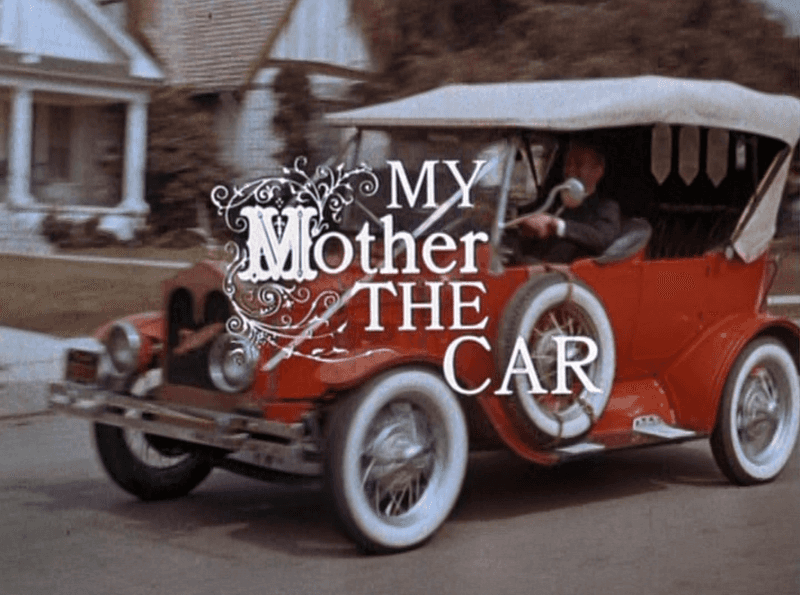
In My Mother the Car, a man discovers his mother reincarnated as a car. The bizarre premise intrigued audiences, though now it seems absurd.
The humor relied heavily on the novelty of a talking car, which quickly grew repetitive. Modern viewers may find its narrative lacking depth.
The show struggled to balance quirky comedy with heartfelt moments. While it was innovative for its time, the concept feels more outlandish today.
The series is a testament to how creativity can sometimes lead to perplexing storytelling. Its nostalgia factor remains, but its execution seems more peculiar than endearing.
Joanie Loves Chachi
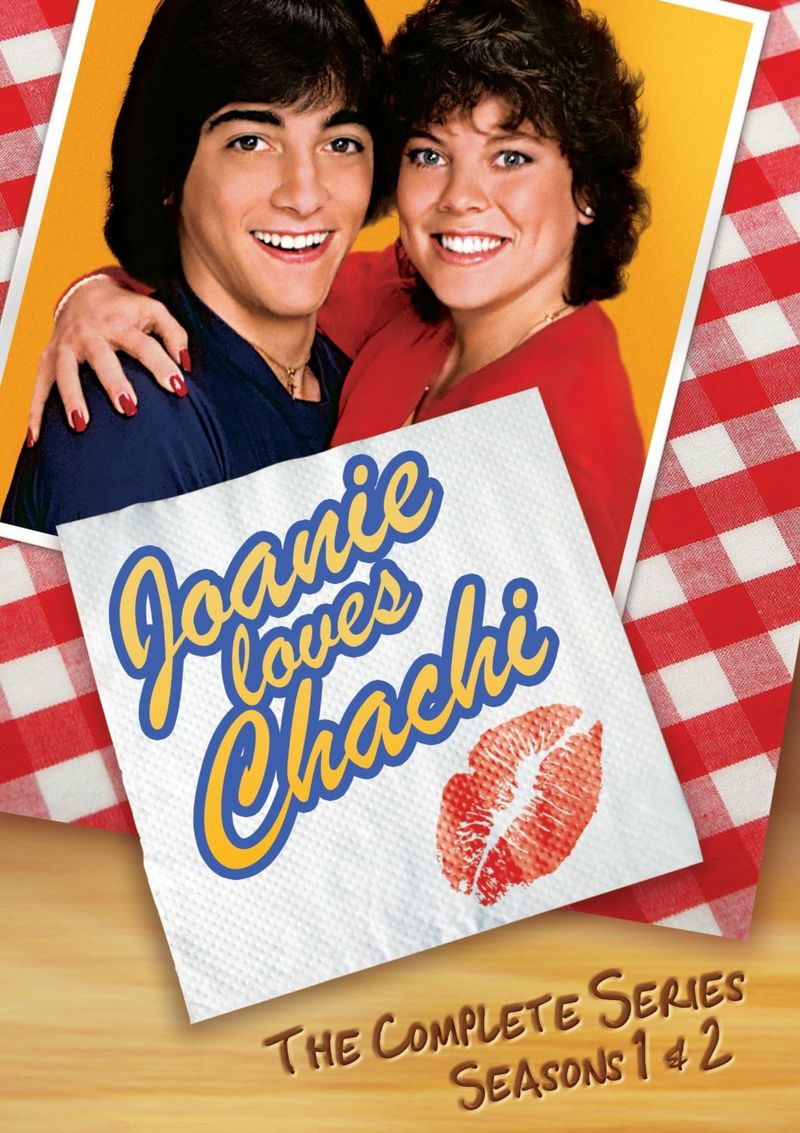
Joanie Loves Chachi, a spin-off from Happy Days, followed the romantic escapades of Joanie and Chachi. The show was filled with musical performances and youthful romance.
However, it struggled to capture the charm of its predecessor. The storyline often felt predictable and lacked depth.
Modern audiences might find the focus on music and romance less engaging. Despite the talent of its cast, Joanie Loves Chachi is often remembered for its failed attempt to stand alone.
It exemplifies the challenges of creating a successful spin-off, leaving viewers with mixed feelings about its nostalgic value.
The Flying Nun
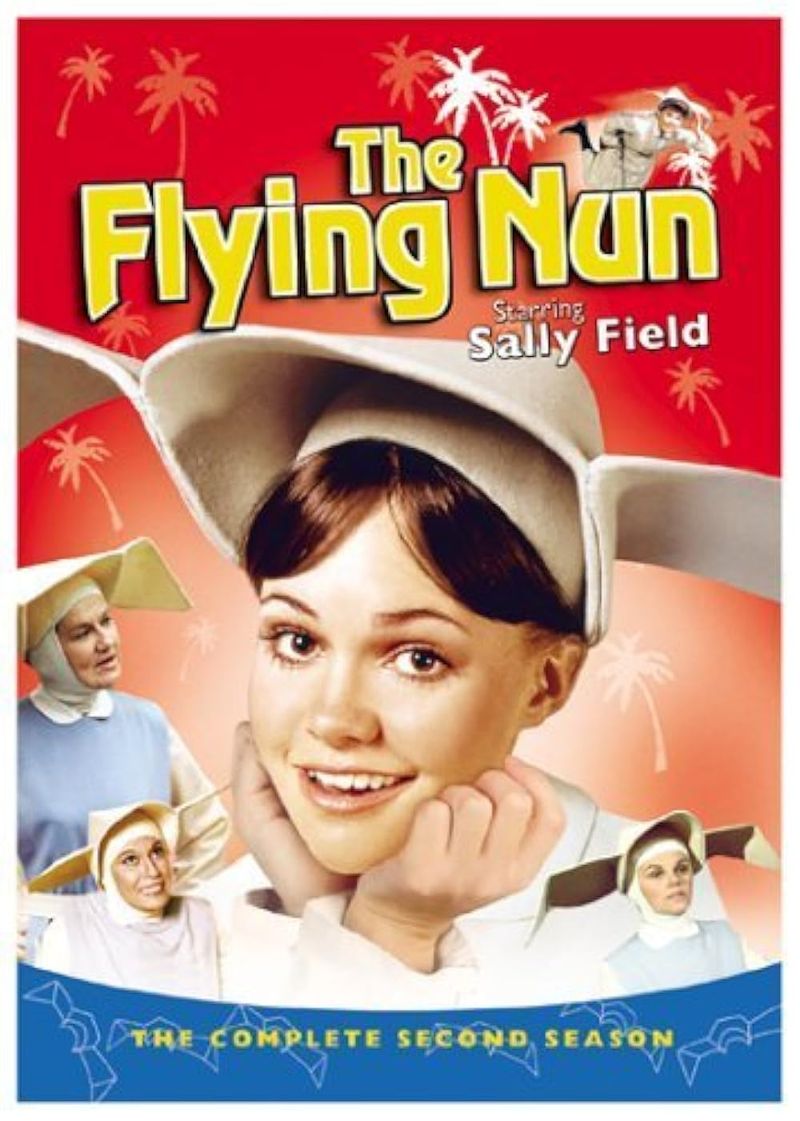
The Flying Nun featured a nun who could fly, a concept that was both whimsical and strange. The show capitalized on Sally Field’s charm, yet today it seems peculiar.
The premise, while adventurous, feels outlandish to modern viewers. Its light-hearted take on faith and miracles might seem trivial.
The series struggled to maintain consistency in storytelling. The Flying Nun captures a specific era’s creativity, but its execution feels more silly than inspiring now.
It remains a nostalgic piece, representing a time when television explored unusual concepts, even if they appear cringe-worthy today.
Pee-wee’s Playhouse
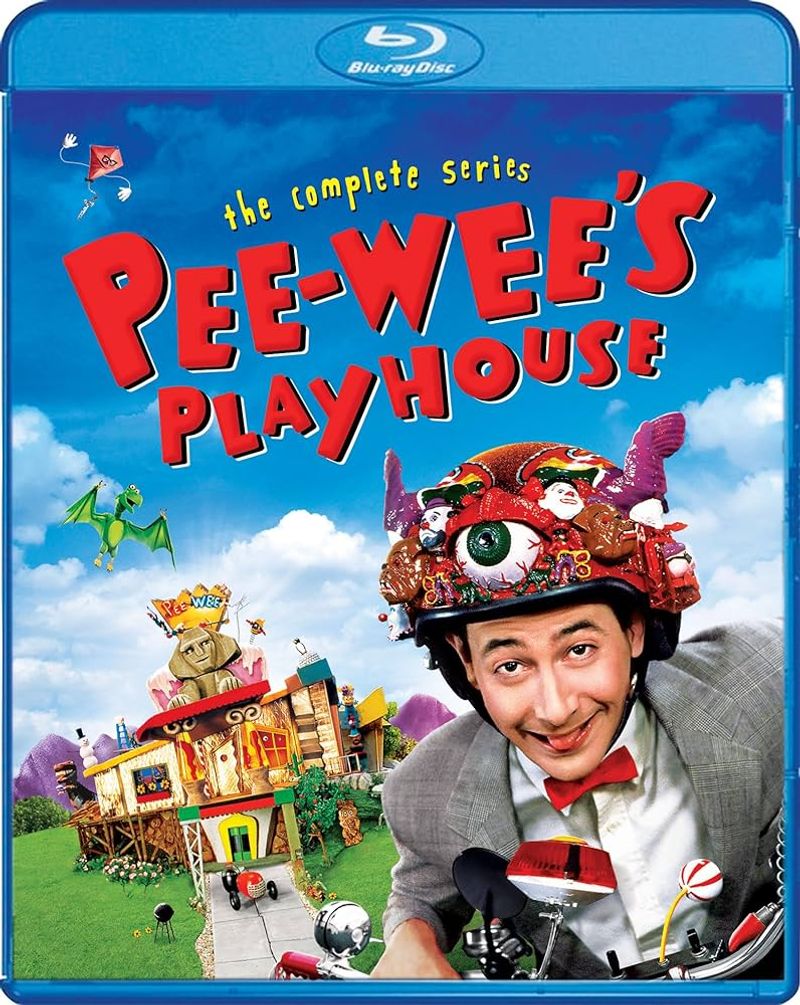
Pee-wee’s Playhouse, with its whimsical charm and eccentric characters, was a Saturday morning favorite. The show’s surreal humor and playful environment captured the imagination of children.
However, its quirky style might seem over-the-top now. The vibrant settings and unusual characters, while entertaining, can appear chaotic.
Modern viewers may find its brand of humor a bit too bizarre. Despite this, Pee-wee’s Playhouse remains an iconic show, representing a unique era of children’s television.
Its creativity endures, even as its style feels more eccentric than ever. The nostalgia is undeniable, though its appeal may be more niche today.
